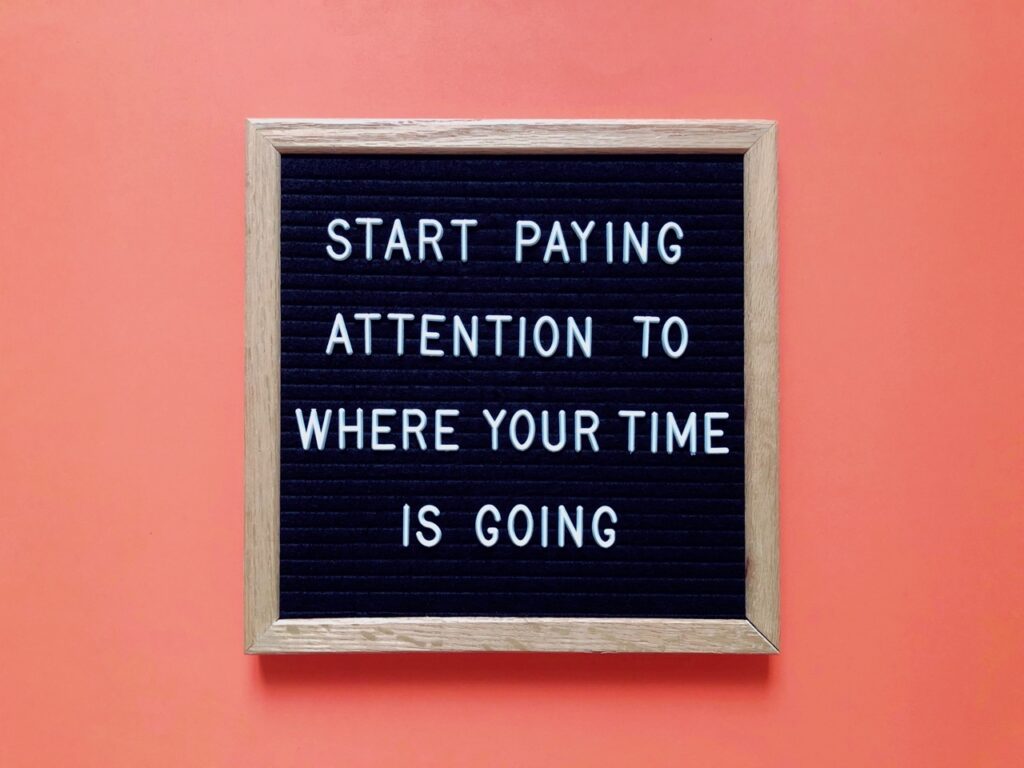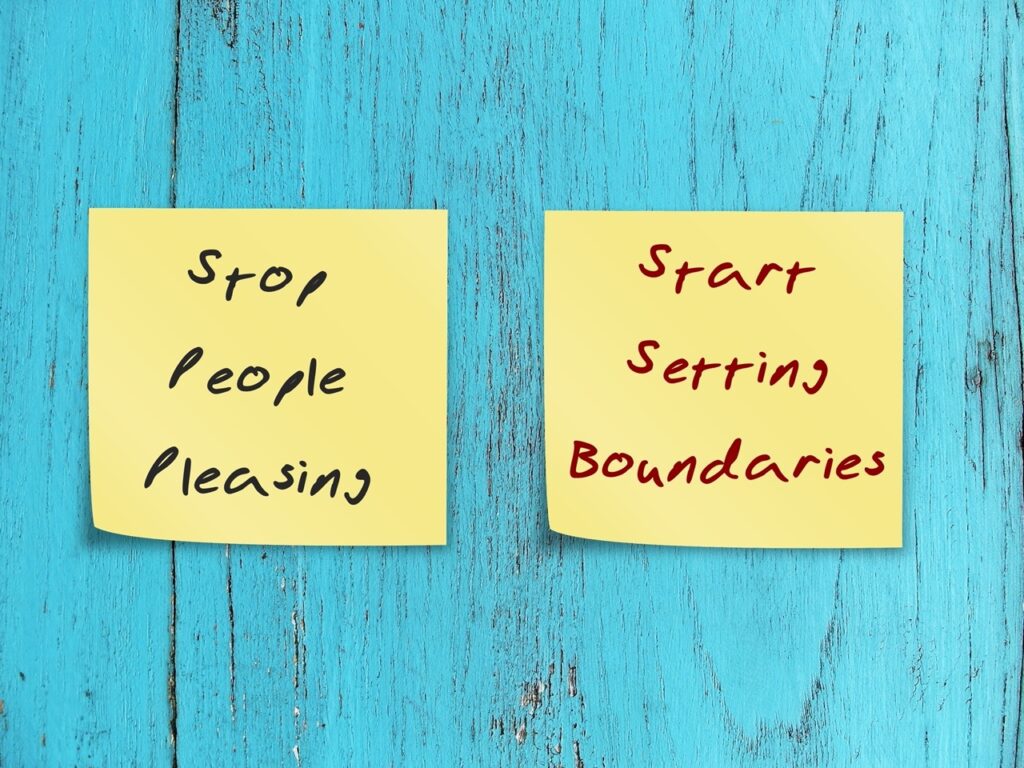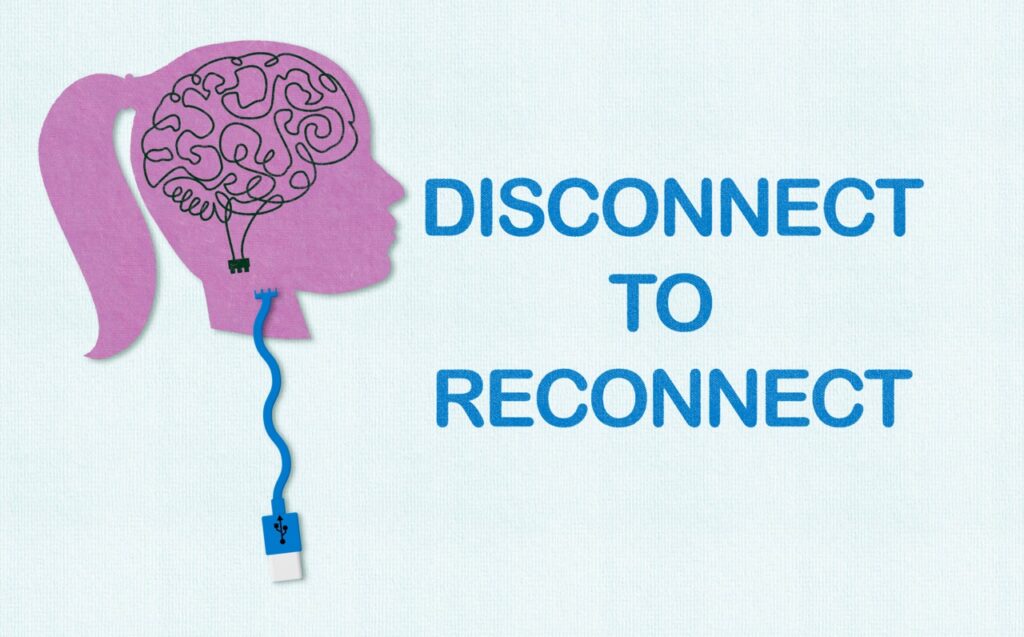Incorporating ways to reduce stress is crucial for our well-being. Chronic stress can affect our body, mind, and relationships. By including effective stress management techniques in our daily routine, we can combat this common challenge to enhance our quality of life. Here are 10 proven, highly effective ways to manage stress.
Mindful Meditation

How it Works
Mindful meditation helps you focus on the present moment. This involves observing thoughts, feelings, and sensations without judgment.
Steps
Find a quiet space.
Sit comfortably with your eyes closed.
Breathe naturally and focus on your breath.
If your mind wanders, gently bring it back to the breath.
Mindfulness meditation can be practiced for varying durations to reduce stress. There’s no strict right amount of time. The optimal length often depends on the individual’s experience, goals, and available time. If you’re new to mindfulness, consider starting with shorter durations and gradually extending as you become more comfortable with the practice.
Here’s a breakdown:
Quick Sessions
Short, 1-3-minute mindfulness exercises can be beneficial, especially during work breaks or acute stress. These can serve as resets during the day.
Beginners
Starting with short sessions of 5-10 minutes can be beneficial. It helps those who are new to mindful meditation acclimate to the practice without feeling overwhelmed.
Benefits
Helps to cultivate the habit of daily practice.
Provides a quick mental reset.
Reduces immediate feelings of stress and anxiety.
Intermediate
As you become more accustomed to meditation, you can extend your sessions. Meditating for 15-30 minutes allows for a deeper experience without being too lengthy.
Benefits
Allows for deeper relaxation and focus.
Can enhance emotional regulation and cognitive function.
Promotes a sense of well-being and inner peace.
Advanced
Experienced meditators might practice for 45 minutes to an hour or even longer.
Benefits
Facilitates profound self-awareness.
Can lead to transformative insights and experiences.
Helps in developing a deep sense of interconnectedness and compassion.
Regardless of the duration, the key to effective mindfulness meditation is consistent practice. Over time, even short daily sessions can significantly benefit mental clarity, emotional stability, and overall well-being.
Benefits
Regular practice reduces the stress hormone cortisol and improves attention, cognitive abilities, and emotional regulation.
Physical Activity

How it Works
Exercise produces endorphins—chemicals in the brain that act as natural painkillers and mood elevators.
Steps
Choose a form of exercise you enjoy (e.g., walking, cycling, yoga).
Aim for at least 20-30 minutes several days per week.
Check with your healthcare provider or fitness coach to determine if your choice suits your physical condition.
Benefits
Besides being a way to reduce stress, exercise strengthens the heart, increases energy levels, and improves mental well-being.
Time Management


How it Works
Efficient time management helps prioritize tasks, which reduces the chaos and anxiety of unfinished tasks.
Steps
List tasks in order of importance.
Allocate specific times for each task.
Set realistic goals and break tasks into smaller steps.
Learn to say no and delegate when possible.
Benefits
You gain control, reduce anxiety, improve productivity, and improve work-life balance by efficiently managing time.
Deep Breathing Techniques

How it Works
Deep breathing increases the oxygen supply to your brain, stimulating the parasympathetic nervous system and promoting calmness.
Steps
Sit or lie down in a comfortable position.
Inhale deeply through your nose, allowing your chest and belly to rise.
Exhale slowly through your mouth.
Repeat several times, focusing on the rhythm of your breath.
Benefits
Deep breathing reduces stress and tension, lowers blood pressure, promotes better blood flow, and provides a momentary distraction from stressors.
Social Support

How it Works
Connecting with others can serve as a buffer against stress.
Steps
Maintain close personal ties with friends and family.
Engage in social activities or join support groups.
Don’t be afraid to share your feelings or seek help.
Spend quality time with loved ones.
Benefits
Social interactions boost self-worth, provide a sense of belonging, and elevate mood. A strong social network also helps in processing and diffusing stressful situations.
Progressive Muscle Relaxation (PMR)

How it Works
PMR involves tensing and then relaxing different muscle groups to release physical tension.
Steps
Find a quiet location. Sit or lie down.
Start from your toes, progressing upwards to your head.
Tense each muscle group for 5-10 seconds and then release.
Focus on the sensation of relaxation.
Benefits
PMR can reduce physical symptoms of stress, such as muscle tightness and headaches, and help with relaxation and sleep.
Journaling

How it Works
Writing down your feelings helps you process emotions, gain clarity, and provide an outlet for expression.
Steps
Keep a dedicated notebook or digital diary.
Write about your day, emotions, challenges, and achievements.
Don’t worry about grammar or structure. It’s for your eyes only.
Benefits
Journaling can offer a fresh perspective on challenges, boost mood, and improve self-awareness.
Setting Boundaries

How it Works
By defining personal limits, you can protect your well-being and balance work, personal time, and relationships.
Steps
Identify what’s most important in your life.
Learn to say no without feeling guilty.
Prioritize self-care and essential tasks.
Communicate your boundaries clearly to others.
Benefits
Setting boundaries reduces feeling overwhelmed, increases self-esteem, and gives you time for rejuvenation.
Engage in Creative Activities

How it Works
Creative tasks like painting, crafting, or music are forms of expressive therapy and distraction.
Steps
Find a creative outlet you enjoy.
Dedicate specific times in the week for this activity.
Let go of the need for perfection. It’s about the process, not the product.
Benefits
Engaging in creative activities can act as a form of emotional release, enhance mood, and boost cognitive function.
Limit Stimulants and Screen Time

How it Works
Reducing stimulants like caffeine and cutting screen time, especially before bedtime, can improve mental well-being.
Steps
Gradually decrease caffeine consumption.
Set specific times when you’ll be offline or away from screens.
Use night mode on devices in the evening to reduce blue light exposure.
Benefits
Reducing stimulants and screen time can improve sleep quality, reduce anxiety, and promote a more relaxed state of mind.
Incorporating these methods provides a holistic approach to managing stress. Finding what works best for you and creating a routine that prioritizes your well-being is essential.
Use these techniques in your daily routine to equip yourself with ways to reduce stress effectively. The keys to managing stress are balance, understanding, and self-care. So, the next time you feel overwhelmed, use one or more of these methods to restore peace and harmony in your life.








